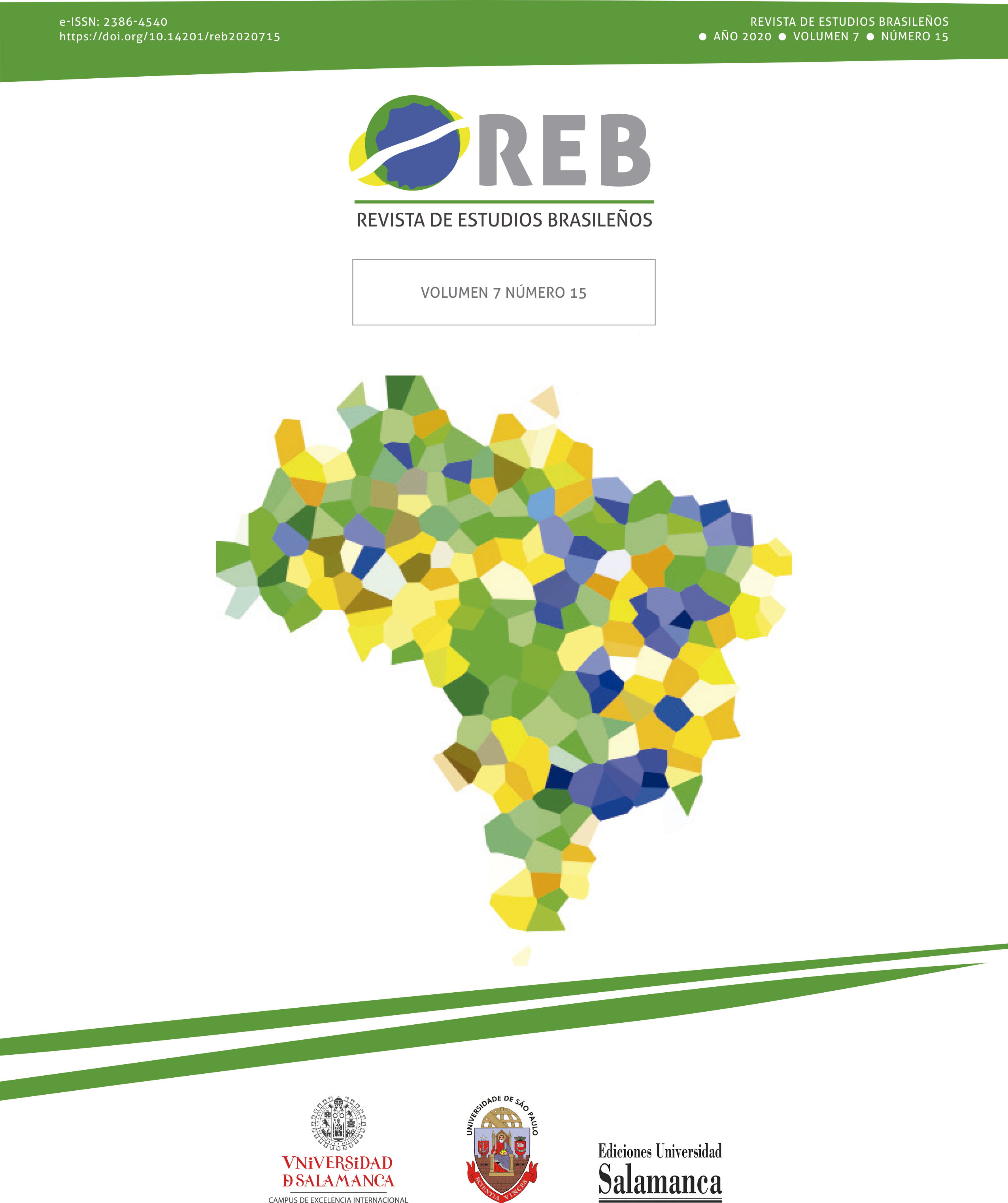Amazonia Brasileña: ocupación y políticas socioambientales
DOI:
https://doi.org/10.14201/reb2020715151154Palabras clave:
Amazonia, medio ambiente, cuestión agraria, recursos hídricos, organización comunitariaResumen
Este dossier se centra en la Amazonia, la mayor selva tropical del mundo, donde habitan cientos de pueblos indígenas, quilombolas, comunidades tradicionales, entre otros. La multiplicación exponencial de la deforestación y los incendios, con la destrucción de ecosistemas y modos de vida, compromete de forma alarmante la biodiversidad, la supervivencia de las comunidades y pueblos y la vida en el planeta. El Dossier Amazonia Brasileña: ocupación y políticas socio-ambientales, tiene por objeto discutir los habituales conceptos de desarrollo y modelos de actuación sobre la naturaleza, así como sus resultados en el medio ambiente, el clima y las sociedades. En los cinco artículos seleccionados, la riqueza de las realidades tratadas y de las aportaciones analíticas permite al lector conocer mejor las trayectorias y consecuencias de las políticas que impactan sobre la región, las comunidades, el uso de la tierra, de las aguas y de los demás recursos, proporcionando una visión global de las principales acciones del Estado brasileño y sus efectos en las diferentes localidades y pueblos de la Amazonia. Hay alternativas. Tenemos que conocerlas.
Descargas
Descargas
Publicado
Número
Sección
Licencia
Derechos de autor 2021 Raimunda Nonata Monteiro, Enaile do Espírito Santo Iadanza, Helena Maria Martins Lastres

Esta obra está bajo una licencia internacional Creative Commons Atribución-NoComercial-SinDerivadas 4.0.





